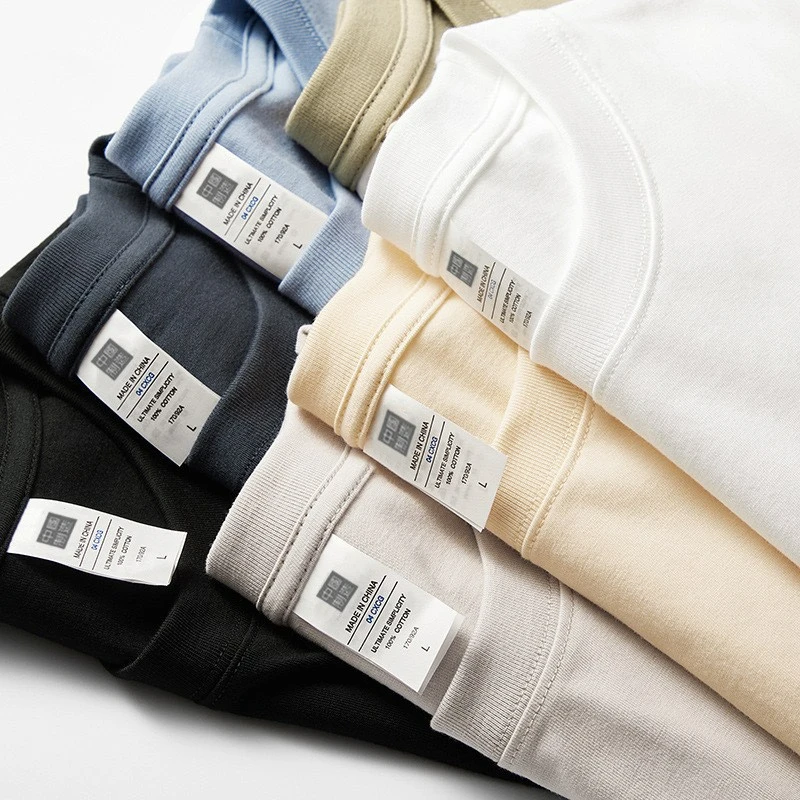China's dominance in TiO2 production can be attributed to several factors. Firstly, the country boasts a vast reserves of ilmenite, the primary raw material used in the production of TiO2. With an estimated 180 million tons of ilmenite reserves, China has a significant advantage over other countries in terms of raw material availability.
...
2025-08-16 01:39
652








